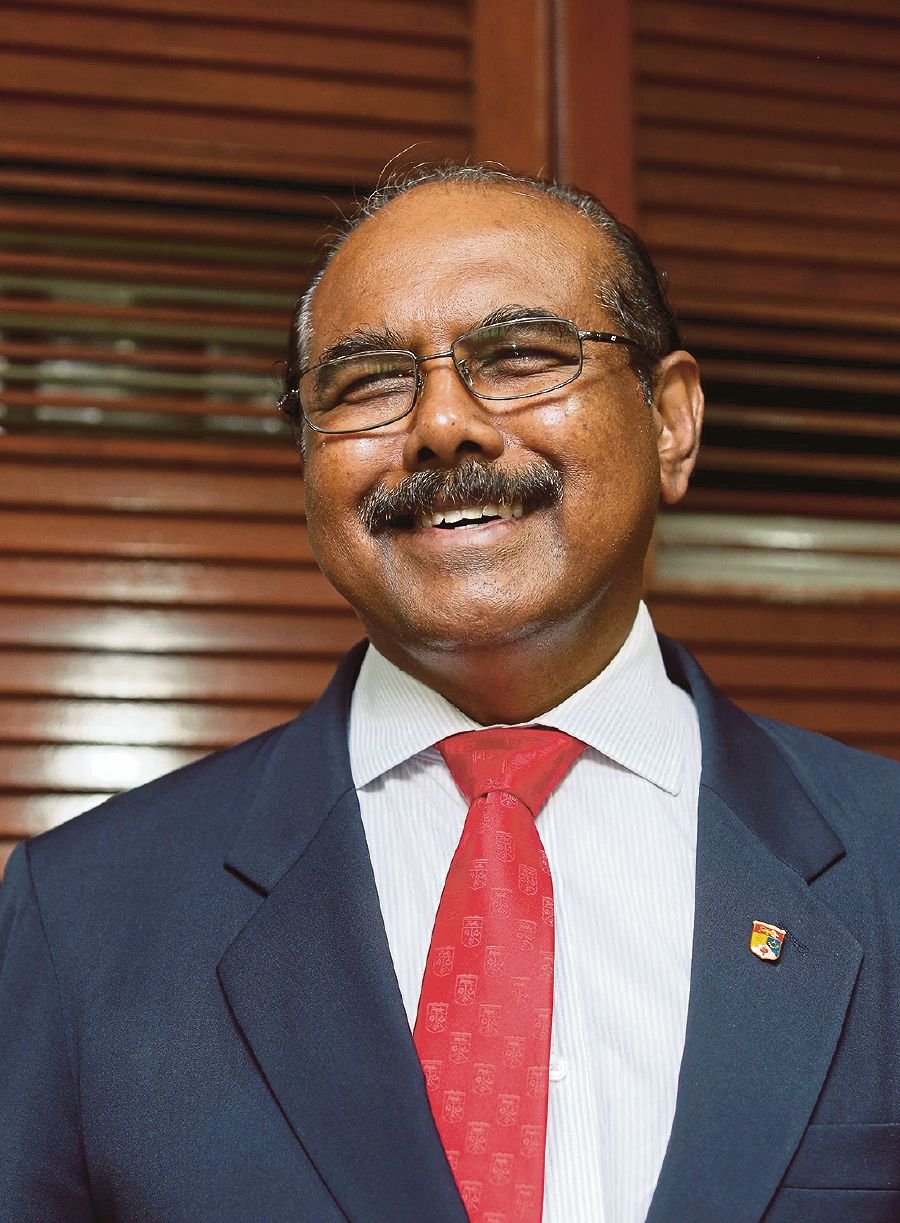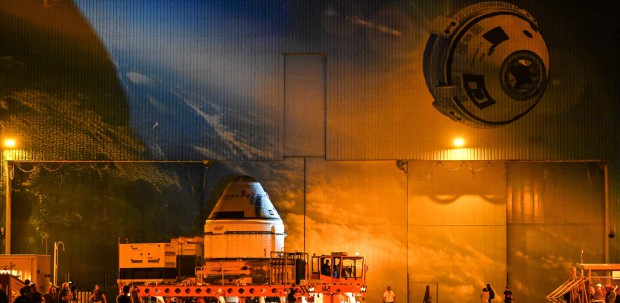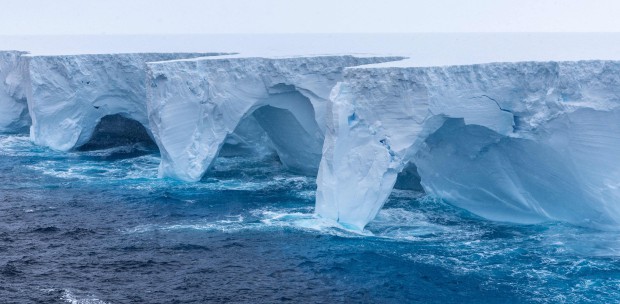ON some nights, close to the witching hour, I run up the paved road of a hill in Jenaris alone, doubtlessly watched by eyes I cannot see and sniffed by noses whose owners I smell not.
On the left a golf course sits, fringed by tall trees and home to a beautiful hawk. On the right, shrubs and trees climb slopes which are flanked by land denuded of everything save the footprints of man.
Squaring my shoulders, I gingerly ascend sandy slopes. I look up and look hard. The cloud-
curtains of heaven are drawn. Somewhere out there, amid gigantic stars and great gas giants and smaller planets, a tiny space adventurer has found its orbit.
In the soundless and sometimes eerie darkness on the peak, I do not see the spacefarer nor 'Oumuamua', the cigar-shaped object that some scientists believe is an alien vessel and which is now streaking away from our solar system.
I hope to see more, but only twinkling stars and planets do my inadequate eyes behold.
But Hope is certainly up there. The spacecraft, launched last year in July from a Japanese spaceport, is arguably the United Arab Emirates' moonshot.
That term may be alien to some. And abhorred by many, who moan and groan about huge infusions of cash into mega projects that have unclear goals. But few would dare say former US president John F. Kennedy articulated a moonshot like an aimless asteroid in 1961. On the contrary.

He told a joint session of Congress: "This nation (America) should commit itself to achieving the goal, before this decade is out, of landing a man on the moon and returning him safely to the Earth." I wasn't born then. I wish I was.
The UAE itself is planning to send a rover to the moon in 2024. And build a habitable settlement on Mars by 2117. Now that's light years away, and almost all of us will not be around to watch the spectacle. Alas. Only the dust of our bones will feel the tremors of the launch. Such is the fate of shadows.
In the meantime, the UAE is building a generation of scientists who may very well take it beyond the Kuiper Belt, figuratively speaking. To go where none of its citizens have gone before. Thank you, Mr Roddenberry and Captain James Tiberius Kirk.
Such a huge dream for a small nation.
Does Malaysia need a moonshot, too? Was Proton one? Was it our highway to the stars, a launchpad to industrialisation on a scale never seen before?
The answer to the Proton question is as blurry as cosmic dark matter. And as dark matter remains an enigma, I shall leave Proton be, and consider the here and now.
And in the present, an economist, Professor Datuk Dr John Antony Xavier of AIMST University Malaysia, tells me "a moonshot will do wonders to our psyche".
But what exactly do we have in mind, and can we afford it? To divorce fossil fuels and to use only renewable energy to power homes, industry and transport by 2040? To build five mega environmentally friendly underground cities by 2035?
Nope. That's shooting for the stars in a galaxy too far away.
Xavier says that we should start with a Malaysian winning a Nobel prize.
"The achievement will snowball to other higher-order accomplishments, which will catapult our nation into the league of developed countries that we are struggling to reach."
He believes our scientists have the capacity for warp speed.
"We have good ones in the universities. Some have achieved renown abroad. These people can be tapped to become mentors to prospective Nobel prize winners."
But for this mission to shine as brightly as a supernova, Malaysia must triple its spending on research and development to RM45 billion, says the vice-chancellor and chief executive.

I think that may prove enormously hard. Just take a look at what renowned scientist Tan Sri Zakri Abdul Hamid had to say about our country's not-so-ideal record on R&D (NST, March 7).
Another economist, Dr Irwan Shah Zainal Abidin, shares a little of Xavier's thoughts, I think, on laying the foundations first.
"We must get the mindset right from the very beginning, that is, moving away from a have-do-be paradigm to one that is the reverse. So we need to build capacity before we embark on what we want to carry out.
"The approach to the programme must change as well. It must be what the people want, in other words, a bottom-up approach."
The Universiti Utara Malaysia associate professor says this can include a national basic income programme or a new economic strategy, which is based on digitalisation and sustainability.
I am sorely disappointed. I was hoping for a moonshot beyond the confines of this planet. But obviously we are not ready. Few nations are. There are too many black-hole problems on Earth sucking in our energies and warping our dreams.
But I know, looking up at the infinite blackness from the peak in Jenaris, that hoping is not in vain. It may slip away like the ageing night, but it will return, again and again, until I, or those who come after me, "see" more than Hope in the heavens.
The writer is NST Production Editor






